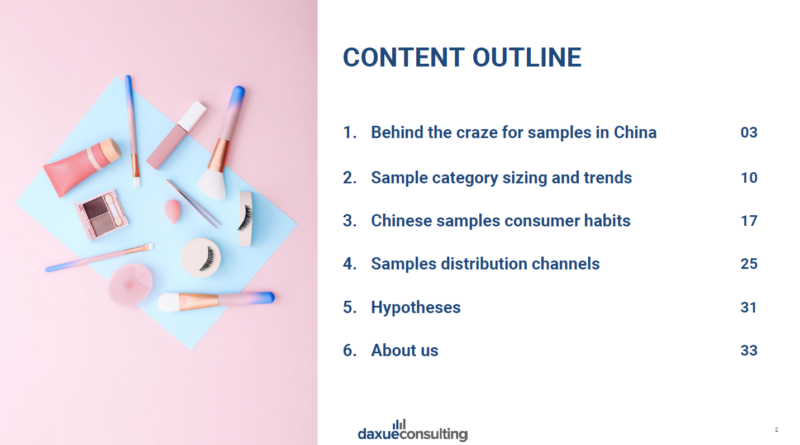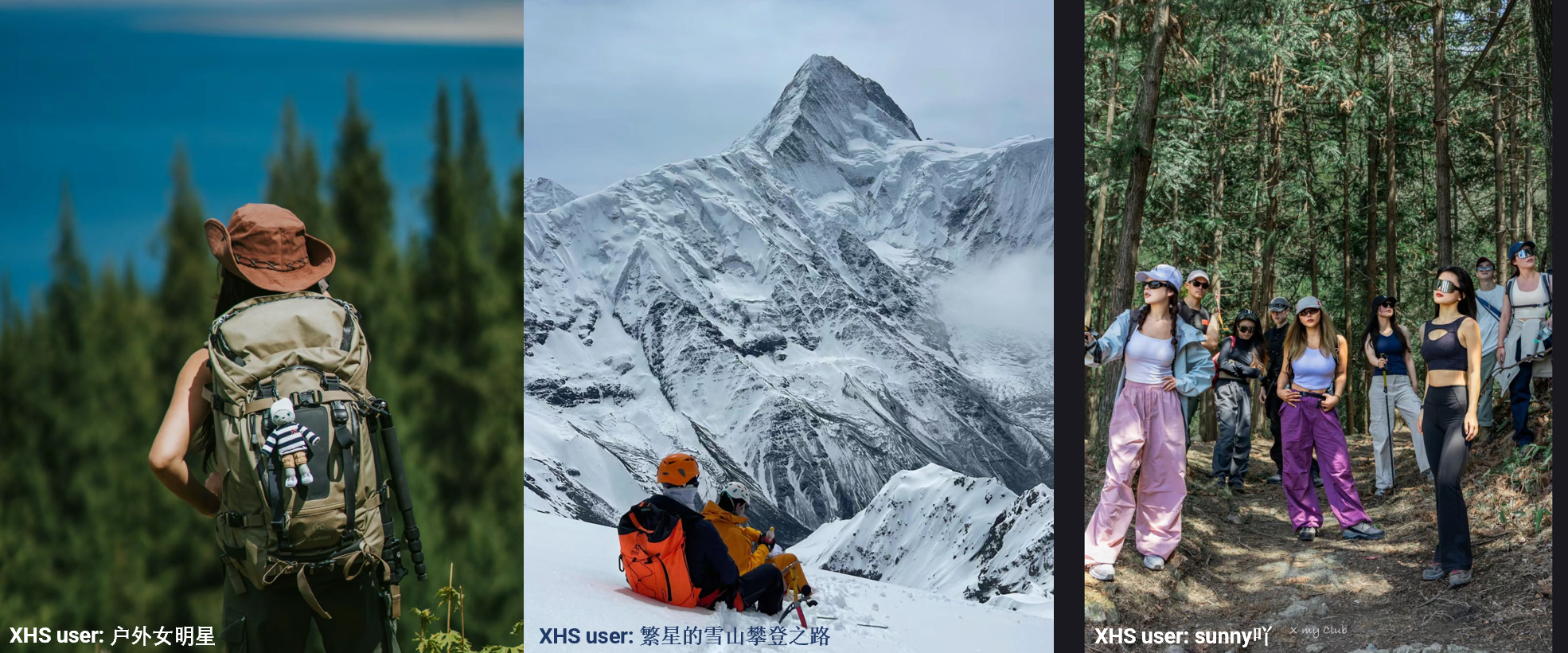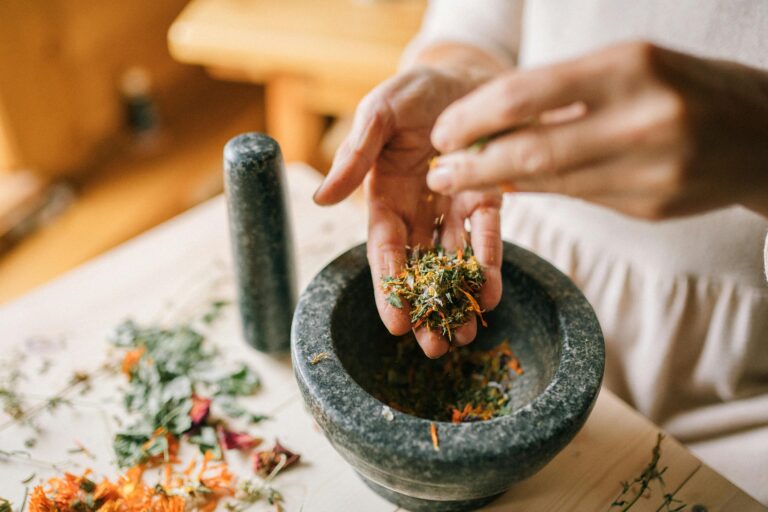With reports of lower Chinese consumer confidence filling headlines, we simultaneously see phrases such as “consumption upgrade” and “consumption downgrade” used to describe Chinese consumer behavior today, creating more confusion than clarity. What’s clear is that Chinese Gen-Z consumption is changing, uncovering new purchasing drivers.
The term “consumption upgrade” rings back to 2016, when China’s economic growth seemed unstoppable. At the time, the term guochao or “national wave” (国潮) was everywhere, demonstrating a shift in the country’s appeal, and everyone was betting on the Chinese high-tech giants. In this environment, consumers were excited about reaching new materialistic potentials that were inconceivable to the previous generations.
Eight years later, it’s time to reevaluate our assumptions about Chinese consumers’ motivations.
Why wellness and experience are the new drivers of Gen-Z consumption
Young Chinese consumers are not just buying to impress. They are focused on developing themselves and their inner world, which means focusing on experiences over things. This new value system gives life to a new sense of adventurism and a desire for wellness, impacting the way brands from a range of industries reach these consumers.
After years of “involution” (内卷), describing never-ending competition with no reward, young Chinese are turning away from a life of achievement and sacrifice, and towards a life of self-fulfillment. This shift in priorities has shown itself in a variety of ways. For some, it is giving up or “lying flat” (躺下) or, more recently, “turning into a bird” (当鸟) – a trend among college students where they joke about pretending to be birds instead of working. For others, it is a focus on wellbeing and stress management.
Brands must accommodate for a broader perspective on wellness in China
Beyond the boost in the spa and yoga industries, this also leaks into beauty, the hospitality industry, food and beverage, and more. In traditional culture, wellness outside of physical health was not something the average Chinese person thought about often, but one quick scroll through the app Little Red Book today and one will see that this is very much no longer the case. Consumers are now more inclined to purchase nice things for themselves, “seek the ritual” (仪式感) in skincare and food. They have developed stronger health awareness. In Daxue Consulting ’s consumer surveys, we found a remarkable increase in familiarity with concepts like trans-fat and omega-3s between 2021 and 2023 (download the survey results in our 2024 F&B white paper).
Chinese Gen-Z are spending more on experiences
In addition to mastering their internal world with wellness, young Chinese consumers are less drawn to filling their apartments with goods, but rather filling their calendars with experiences. According to Daxue Consulting data (2023), Gen-Z is the first generation that reports preferring receiving experiences over objects as gifts. Materialism isn’t over, but the new focus of brands should be enriching experiences surrounding their products, such as the unboxing, the pre- and post-purchase customer service, and the shopping experience.
Chinese travelers are increasingly independent, and going to new, more remote and adventurous destinations. In 2023, half (49.3%) of Qunar users were keen to explore niche destinations. Qunar’s data also shows that after the pandemic, 62.5% of Chinese travelers prefer experiential trips over scenic landscapes. These two trends demonstrate the shift towards meaningful and enriching travel experiences. A KuRunData survey (2022) confirms a similar trend: Gen-Z (post 2000s) see travel as an opportunity to broaden horizons and enrich one’s life, whereas the general population sees travel as “relaxation”.
Why the outdoor industry in China is benefiting from this consumption shift
Tying together the new consumer desires for wellness and experience is the consumers’ draw towards the outdoors. According to data from Chinese travel website Mafengwo, millennials and Gen-Z comprised a whopping 85.6% of outdoor sports enthusiasts in 2022. Nearly one in three young Chinese is highly interested in camping, while JD’s 11.11 sales of bike gear doubled from 2022 to 2023 (Baidu 2022). Whether they are worn for fashion or function, outdoor brands like North Face and Arc’teryx, which held a fashion show atop a nine-thousand-foot-high mountain in Yunnan this year, have become iconic fashion brands for what they symbolize – exploring the great outdoors. In Q1, 2023, the amount of Little Red Book content on hiking and mountaineering grew by 300% (ISPO 2024).
This new wave of consumption enriches Chinese consumers’ lives, and forces brands to reevaluate their China strategy. Those that can align with wellness and positive experiences will reap the benefits.
This article was published in the summer 2024 edition of the German Chamber Ticker. Read the full issue online here.
Another trend driven by Chinese gen-z consumers: The Sample Economy
We investigated why Chinese Gen-Z are often buying sample size products in a range of segments (including cosmetics, skincare, F&B, haircare, baby products and pet products).
Download the report below!






